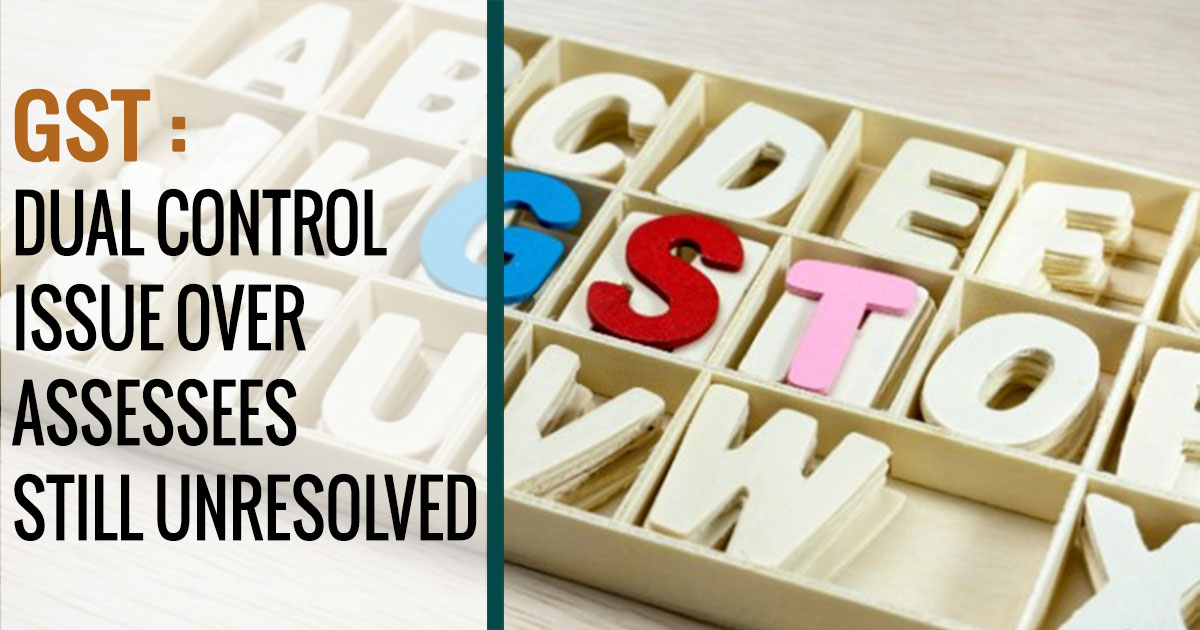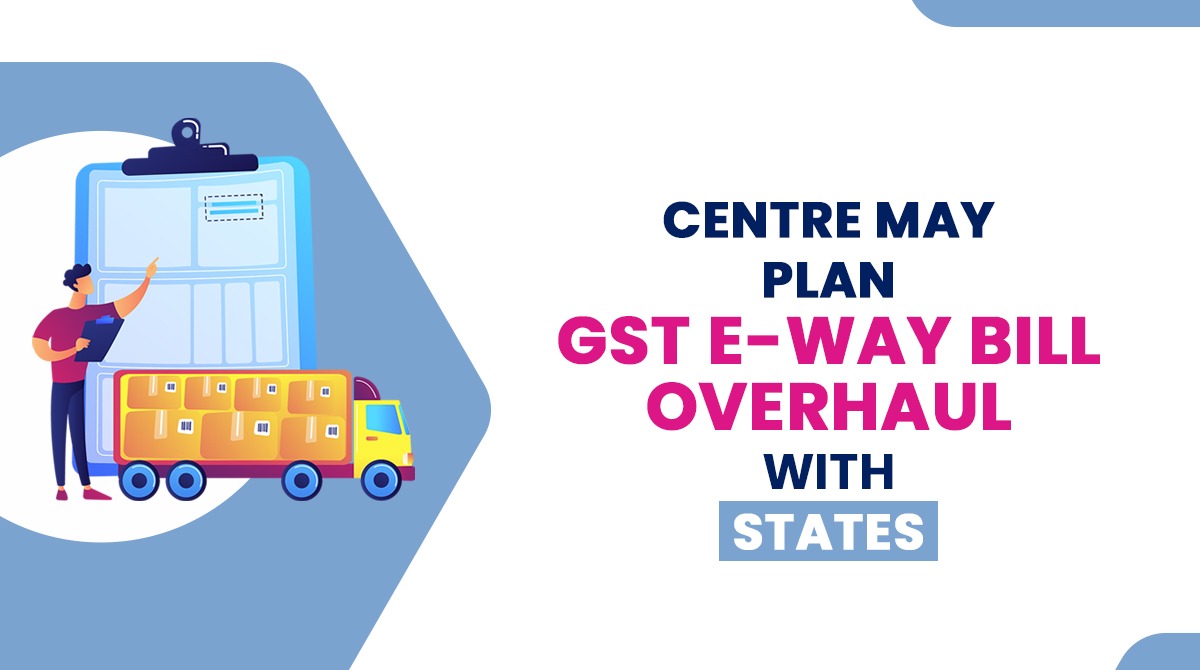
Dual control over the assessees from both the states and center was earlier a stick in the neck and is still in the same position. Kerala Finance Minister Thomas Issac said, “a vertical division of assessees for the collection of taxes and for the purpose of the audit would create problems for small taxpayers, Kerala, Bengal, Tamil Nadu, Bihar, Delhi, Odisha… the majority of states want a combination of vertical and horizontal (dual control structure). Below Rs 1.5 (crore turnover), states should tax, above Rs 1.5 crore, it can be vertical division.”
The consensus on which category of assessees would be governed by the Centre and which by states has taken a serious toll now, GST Council, headed by Jaitley has called for the next meeting on November 24-25 for this same issue.
The GST council has come up with an option of two proposals– horizontal division and vertical division:
‘Horizontal division’ would mean taxpayers would be divided both for administrative and audit purposes based on a cut off a turnover. Those with a turnover of Rs 1.5 crore would be administered both by the Centre and states, while those with below Rs 1.5 crore would be administered solely by the states.
‘Vertical division’ based on ratios assigns taxpayers to a tax administration, Centre or state, for a period of three years for all purposes including an audit. Taxpayers could be divided in a ratio which would balance the interest of the Centre and the state, both with respect to revenue and spread of numbers.
According to the sources, the statistics have come up with the figures of 93 per cent of Service Tax assessees and 85 per cent of VAT taxpayers have a turnover below Rs 1.5 crore.










